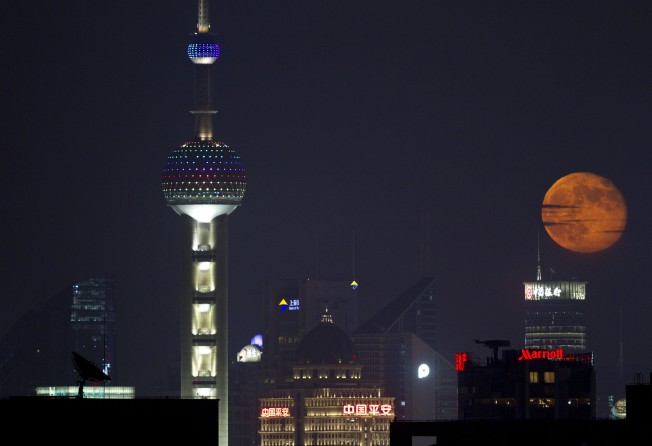
China set to attract younger expats looking for more enjoyable livelihoods
Tomorrow's expats in China are likely to be younger, more open for adventure, and hungrier than in the past

China remains a magnet for international workers from near and far, but the daily lives, motivations and compensation packages of today’s expatriate workers are all in flux.
A recent study of private moving company data by Unigroup Relocation implies that the number of expat workers are slipping, with the company handling twice the number of moves out of China as it did into it last year.
Because moving companies handle only the higher end of transfers, the data seems to indicate a change in the mix of foreign workers coming to China, in favour of younger employees less likely to merit a generous package but more likely to be open to adventure.
The mix of foreigners coming to China has always been in evolution. “When China first began opening up in the early 1980s, it was with the realisation that they were far behind much of the world in terms of development, technology, and education, and that they’d need to race in order to catch up”, says Wade Shepard, director of ChinaSide Consultants. Companies favoured foreign workers “who possessed a good deal of technical know-how, such as technicians, engineers, supply-chain management, and quality control specialists”, he adds.
Up through the early part of the past decade, foreign multinationals tended to rely on “people who were coming to the end of their useful shelf life in their home countries”, says an executive in a multinational corporation in China. That was possible because “local talent was inexperienced enough that sending over people who could not lead, manage or perform in their home countries would still result in a net benefit to the destination”.
That changed over the past decade, with the best of the best being lured to China by opportunity, money and challenge. At the same time, “the education boom really ignited and foreign teachers began flooding the country”, Shepard says. This boosted the numbers of foreign workers and laid the ground for a new generation of domestic workers who have a solid education and the ability to work in an English-speaking company.
Increased competition forced foreign workers to raise their game, but work in China still has much to offer. “Many foreigners are able to find better paying, more respectable, and, ultimately, more enjoyable livelihoods in China than they can in their home countries”, Shepard says.
The executive echoes the sentiment. Foreign companies in China want expatriate staff because they can teach “the company way,” he notes, but the staff themselves come “because the economy and society is vibrant, because they are looking to build their careers faster”.
The Chinese culture and the buzz around the country remain magnets. “The most common reason [to work in China] is that people want to be part of the exciting changes going on”, says Jim Althans, founder and CEO of Gold Star TEFL Recruitment, an employment agency focused on the Chinese market.
All that change is being helped by companies who see a need for the change which foreign workers bring. Companies prize foreign staff who “bring a fresh perspective and a different way of doing things”, Althans says. It’s a double-edged sword, “depending on how the cultural differences are managed and integrated”, he adds.
Those differences include how to make decisions, how to communicate and even how to understand the roles of men and women in the workplace. If China as a whole is moving towards more Western practices, the daily grind of that change can wear out individual foreign staff.
The fastest-growing challenge for expats are probably air pollution and food quality concerns. Expats are demanding, and getting, benefits that include better health care and air filters at home and work. In what is seen as a trendsetting development, Panasonic recently negotiated new contracts for China-bound staff that include hardship pay for air pollution.
Even so, when foreign workers “can’t see across the street because of the smog or go to the fridge and think about the heavy metals in the vegetables”, Shepard says, it’s not uncommon for them to ask: “Is this really worth it?”
While that may make recruiting harder, it also means that foreigners who do make the leap to China are likely to earn larger compensation packages. “Compensation packages continue to go up”, Althans says.
There is a consensus that tomorrow’s expats in China are likely to be younger, more open for adventure, and hungrier than in the past. “There is a decline of the ‘expat package’ but an increase in the young talent coming over to participate rather than being sent,” the executive says.
A corollary to these trends in the expat community is a rise in the number of expats who quit a corporate job in China but remain in the country for other pursuits. “You see a lot of foreigners engaging in jobs and businesses that would merely be a hobby or a pipedream in the West, like starting microbreweries, restaurants, bars, and doing arts, such as acting and singing,” Shepard notes.